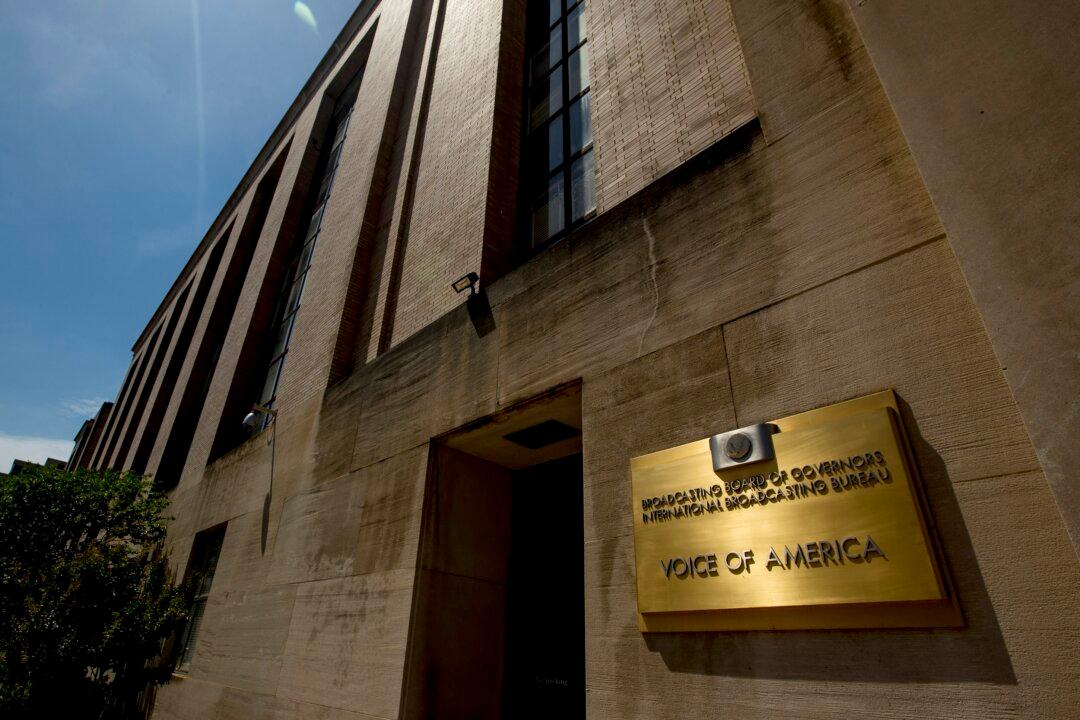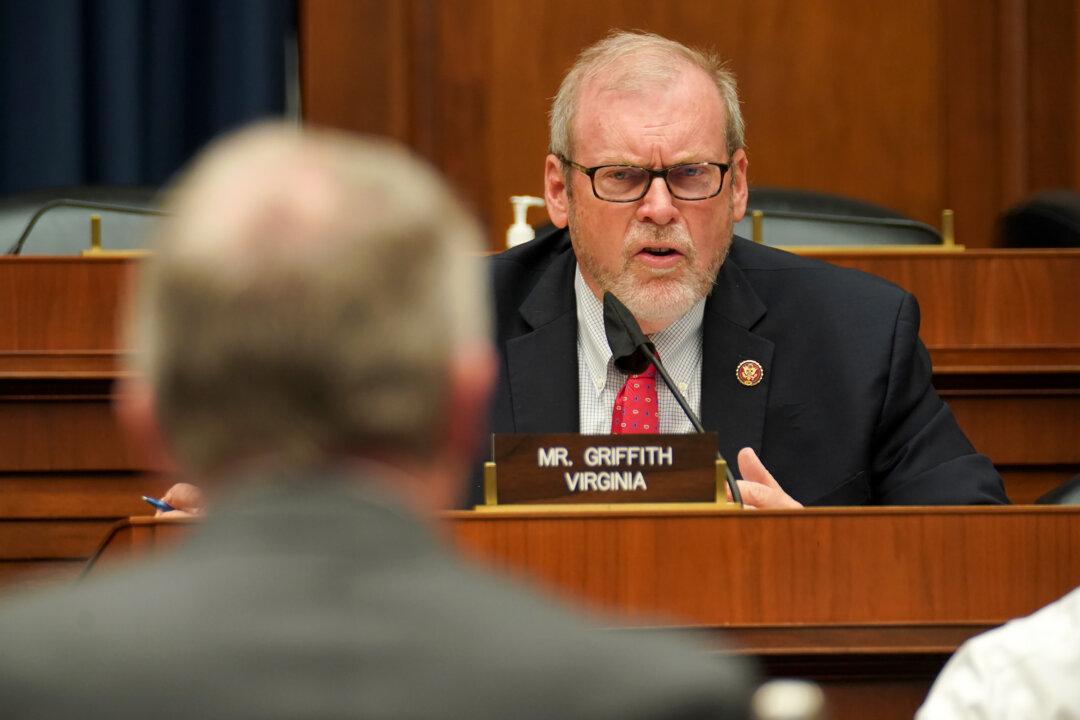The U.S. agency responsible for broadcasting the “voice of freedom” to the world is being outspent by the Chinese Communist Party (CCP), prompting a dire warning from the agency’s CEO.
Amanda Bennett, head of the U.S. Agency for Global Media (USAGM), urged senators to approve its $944 million funding request for 2024, saying: “If we miss this opportunity to make strategic investments now, we may run the risk of losing the global information war.”





